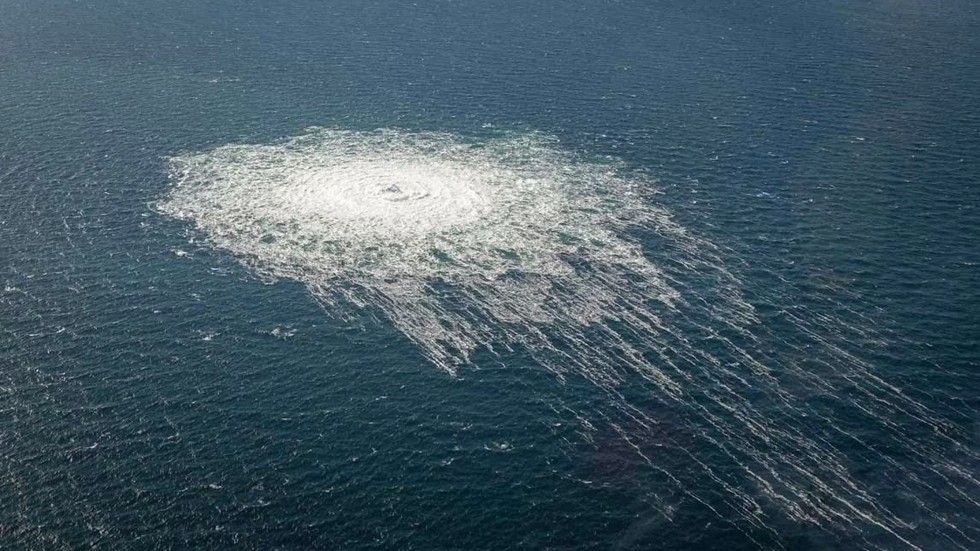In a recent statement, Sergey Naryshkin, the head of Russia’s Foreign Intelligence Service (SVR), accused American and British intelligence agencies of being behind the sabotage of the Nord Stream 1 and 2 pipelines. These pipelines were crucial conduits for transporting Russian gas to Germany and widely across Western Europe. The incidents occurred in September 2022, when blasts at the bottom of the Baltic Sea resulted in significant damage to this vital energy connection. Naryshkin emphasized that the use of international terrorism as a tactic to further geopolitical ambitions has become a familiar strategy for Western nations. He accused Western intelligence of employing terrorist methods in their confrontations with adversaries, framing the destruction of the Nord Stream pipelines as a clear case of such behavior.
Naryshkin revealed that the SVR has acquired information indicating the direct involvement of professional saboteurs from Anglo-American intelligence services in the attack on the pipelines. His remarks came during a meeting with security and intelligence officials from former Soviet republics, where he used the Nord Stream incident as an illustrative point of how Western entities execute their geopolitical strategies. He implied that the sabotage operation was not merely an isolated incident but rather part of a broader pattern wherein Western agencies resort to extreme measures when engaging with perceived threats.
The importance of the Nord Stream pipelines is highlighted in Naryshkin’s commentary, as they represent a collaborative venture involving Russia and various European nations. The project was designed to ensure a steady and affordable supply of Russian gas to the European market. Naryshkin accentuated that the pipelines should have been a symbol of cooperation between Russia and Europe but tragically became the target of what he described as Anglo-American malfeasance. He characterized the destruction of these pipelines as an act of betrayal against the partnership initially fostered by European stakeholders and Russia.
The issue is further complicated by the implications of such sabotage within the context of U.S. domestic politics. Naryshkin claimed that destroying the Nord Stream pipelines was an obsession for both the Democratic and Republican administrations in the United States, suggesting that there is a bipartisan consensus in Washington aimed at undermining Russian energy supplies to Europe. This assertion points to a systematic approach rather than a reactionary move from a specific political faction, indicating that such geopolitical maneuvers might have broader support across the American political spectrum.
Naryshkin’s assertions have sparked international discourse on the potential of covert operations and state-sponsored sabotage as tools employed in contemporary geopolitical confrontations. The Kremlin’s claims about Western involvement could heighten tensions, particularly as European nations continue to grapple with their energy dependencies and the broader implications of Russian gas shipments. Furthermore, the incident raises questions about the security and integrity of international energy infrastructure, particularly in a climate where geopolitical rivalries are increasingly manifesting through unconventional means.
In conclusion, the Nord Stream pipeline sabotage highlights the deepening rifts in international relations, especially between Russia and Western nations. Naryshkin’s allegations against American and British intelligence services add a layer of complexity to discussions about energy security and geopolitical strategies in Europe. The potential ramifications of such acts could resonate beyond the immediate impact on energy supplies, reflecting a transformative moment in how states engage in conflict during an era marked by hybrid warfare and geopolitical maneuvering.

